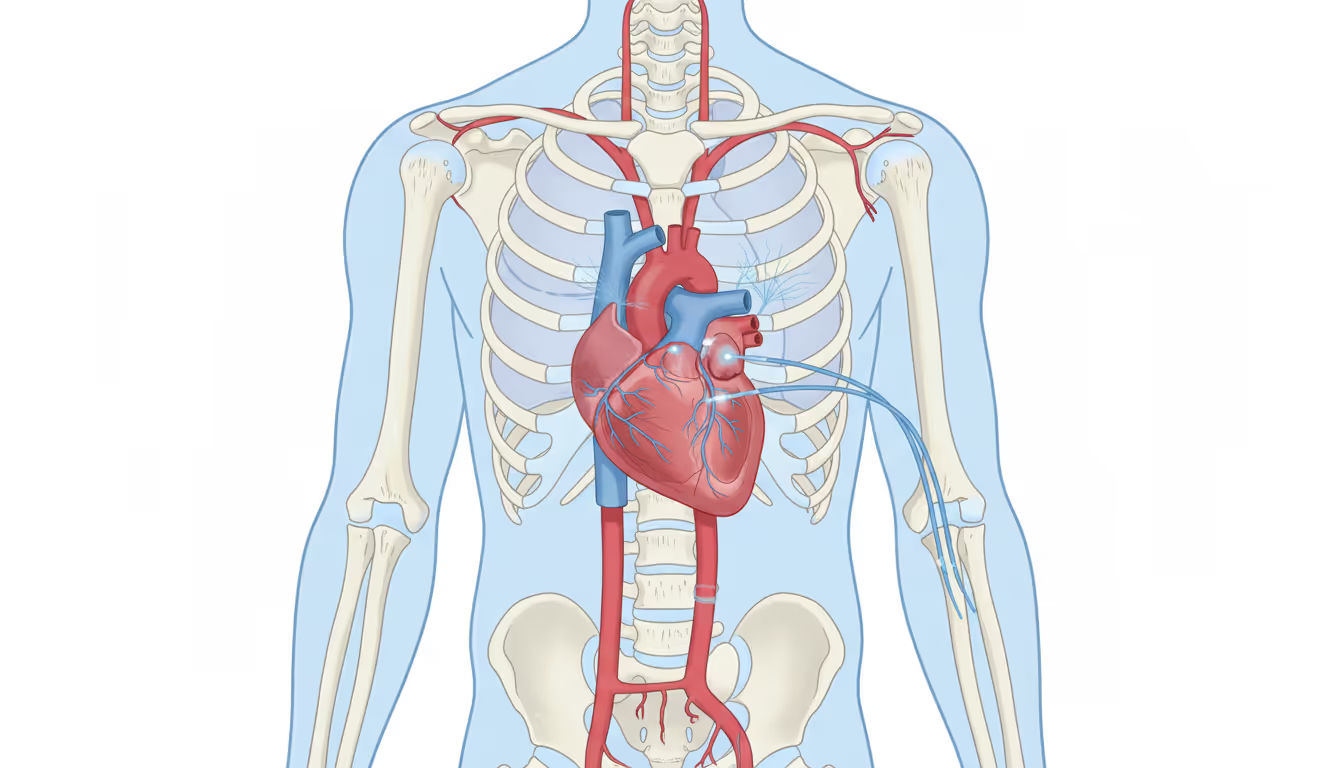
Electrophysiologic Study (EPS) of the heart:An EPS is a test used to evaluate the heart's electrical conduction system, which is responsible for generating the heartbeat. During this procedure, thin plastic tubes, known as catheters, are inserted into a vein at the junction of the leg and abdomen. The patient receives a local anesthetic and a mild sedative, but the procedure is not painful and does not require general anesthesia. Once the catheters are in the vein, they are guided into the heart using fluoroscopy. These catheters provide a detailed analysis of the heart's electrical signals, offering more precise information than a standard electrocardiogram (ECG). Additionally, the catheters can be used to stimulate the heart to beat rapidly, allowing doctors to assess the electrical conduction system during increased heart rates and check for any abnormal rhythms.The purpose of an EPS may include:- Determining if a pacemaker is necessary (although this can often be decided without an EPS, sometimes it is required).- Identifying the cause of unexplained symptoms if other tests have not provided answers.- Evaluating susceptibility to fast heart rhythms (arrhythmias) and guiding appropriate treatment.- Assessing the effectiveness of previous treatments for fast heart rhythms.




